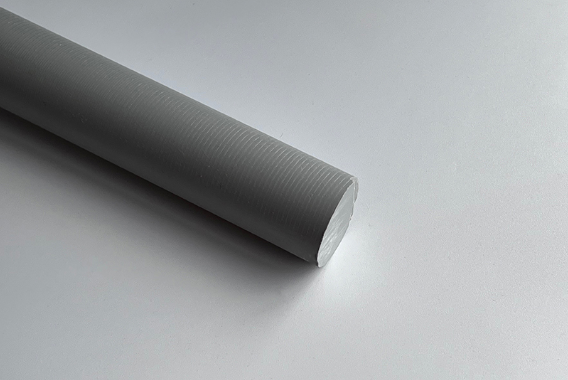PSU (Polysulfone) rods and boards are important components in modern engineering, particularly in the aerospace and medical industries. They play a critical role in the functioning of devices ranging from aircraft cabin interiors to surgical instruments. Despite their importance, many people are unfamiliar with what PSU rods and boards are and why they are necessary.
At their core, PSU rods and boards are specialized plastic materials that have exceptional heat resistance, chemical resistance, and mechanical strength. Polysulfone is a thermoplastic material that can be molded and extruded into various forms, including rods and boards. PSU rods and boards are designed to withstand extreme conditions such as high temperatures, corrosive chemicals, and physical impact.
One of the main advantages of PSU rods and boards is their ability to withstand harsh environments. Their excellent chemical resistance makes them ideal for use in applications where exposure to harsh chemicals, acids, and bases is common. Additionally, they can withstand high temperatures up to 180°C, which makes them suitable for use in high-temperature environments such as engine compartments and aircraft cabins.
Another advantage of PSU rods and boards is their mechanical strength. They have a high tensile strength and are resistant to impact and abrasion. This makes them ideal for use in applications that require durability and reliability, such as in surgical instruments or electronic enclosures.

There are several different types of PSU rods and boards, each with its own set of characteristics and advantages. One common type is the PSU rod, which is designed to be straight and inflexible. PSU rods are often used in applications where a strong and stable connection is required, such as in mechanical fasteners or electrical connectors.
Another common type of PSU board is the PSU sheet, which is designed to be flat and rigid. PSU sheets are commonly used in applications where a strong, smooth surface is required, such as in aircraft cabin interiors or medical equipment.
As with all engineering materials, testing and quality assurance are critical considerations when designing and manufacturing PSU rods and boards. These components must undergo rigorous testing to ensure that they meet the necessary safety and performance standards. This includes testing for factors such as chemical resistance, temperature resistance, and mechanical strength.
In addition to meeting safety and performance standards, PSU rods and boards must also be designed to be cost-effective and efficient. This involves optimizing material selection and processing techniques to minimize costs while still meeting the required performance criteria.
Overall, PSU rods and boards are versatile and highly customizable components that offer many advantages over traditional materials. By understanding the different types of PSU rods and boards and their applications, engineers and designers can select the appropriate components for their projects and ensure that they meet the necessary safety and performance standards. With continued innovation and development in PSU technology, we can expect to see even more advances in the field of engineering in the years to come. For more information about PSU rods and boards, kindly contact us today!
By continuing to use the site you agree to our privacy policy Terms and Conditions.